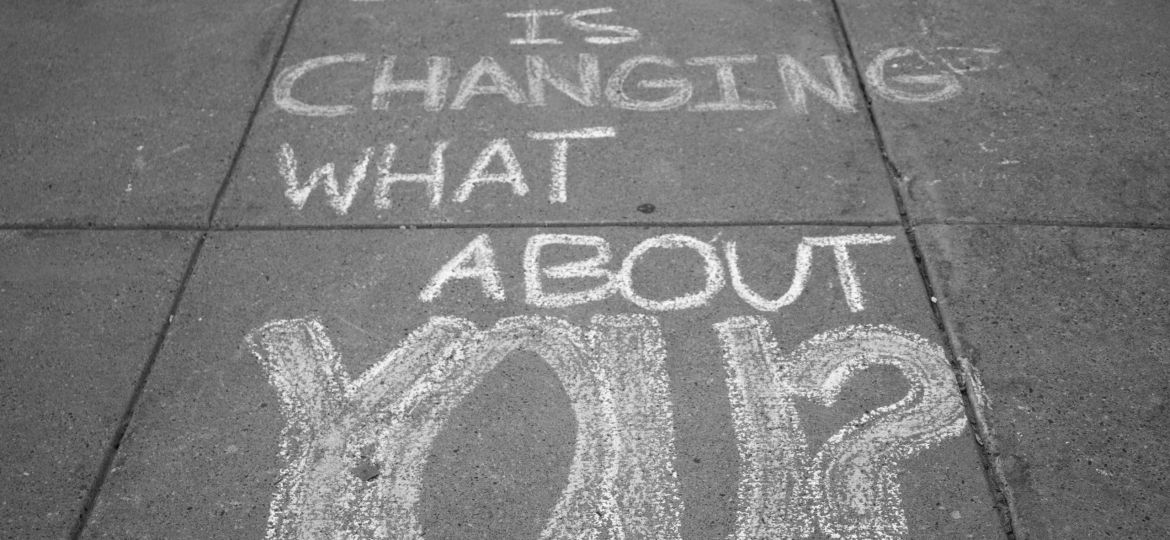
Previously known as Divest St. Olaf, the Climate Justice Collective (CJC) has undergone a rebranding as of 2018, led by Imani Mosher ’21 and Abby Becker ’21. Mosher and Becker, along with Anna Mulhern ’22, are now the three leaders of the CJC.
A year after the climate strike, the CJC has reflected on the march’s profound impact within the St. Olaf community and the opportunities it has opened up going forward. The strike led to greater name recognition for the organization, and as a result, heightened support from the student body.
“It sent a huge message to the administration about what student leaders were capable of,” Mosher said. “It brought us a lot of attention we were looking for, and was bigger than we could ever have expected.”
This year, the CJC is undergoing a rebranding. The rebrand focuses on the intersections of environmental justice, racial inequality and class inequality.
“We were looking for something that had a huge emphasis on the justice aspect of the climate and environmental issues,” Mosher said.
The CJC originally focused on urging the College to divest from oil. Additionally, the CJC focuses on “larger systemic issues that are contributing to climate change, climate injustice and the money being invested for fossil fuels,” Mulhern said.
With its focus on intersectionality, the CJC has reframed its mission to be more inclusive.
“The issues are so complex,” Becker said, “but there can be no climate justice without racial justice. The people who feel the most negative impact of climate change tend to be those who are marginalized.”
The CJC wants to uplift marginalized voices doing environmental justice, as well as support the Black Lives Matter movement on campus.
“We’re ready to call white students to step up and start addressing race in the classroom and on campus. It’s what needs to happen,” Mosher said.
The CJC has been actively advocating against The Enbridge Line 3 Pipeline Replacement Project, as it is one permit away from breaking ground. The project not only poses potential risks of oil spills and environmental harm, but the line would cut through Indigenous land of the Anishinaabe tribe.
“It’s not just destruction of the environment,” Mulhern said. “It’s injustice towards Indigenous communities.”
Member Isaac Nelson ’21 was able to form direct action training programs in partnership with Northfield Against Line 3.
“Because Isaac went into the community and made a connection, we were able to open up access to St. Olaf students,” Becker said. “This is accomplished through bringing your own drive, as opposed to doing something that was prescribed to you.”
One of the direct action trainings is taking place on Oct. 3 from 1 to 5 p.m. at Way Park in Northfield, Minn.
The CJC has started “Fridays for Future” events during chapel hours every Friday outside of Buntrock Commons. The group plans to hold virtual lectures from professors in the Race and Ethnic Studies department to further educate the campus community on the intersection between the environment and race. The CJC holds meetings every Wednesday at 7 p.m. which are open to all students.
cajiao1@stolaf.edu

